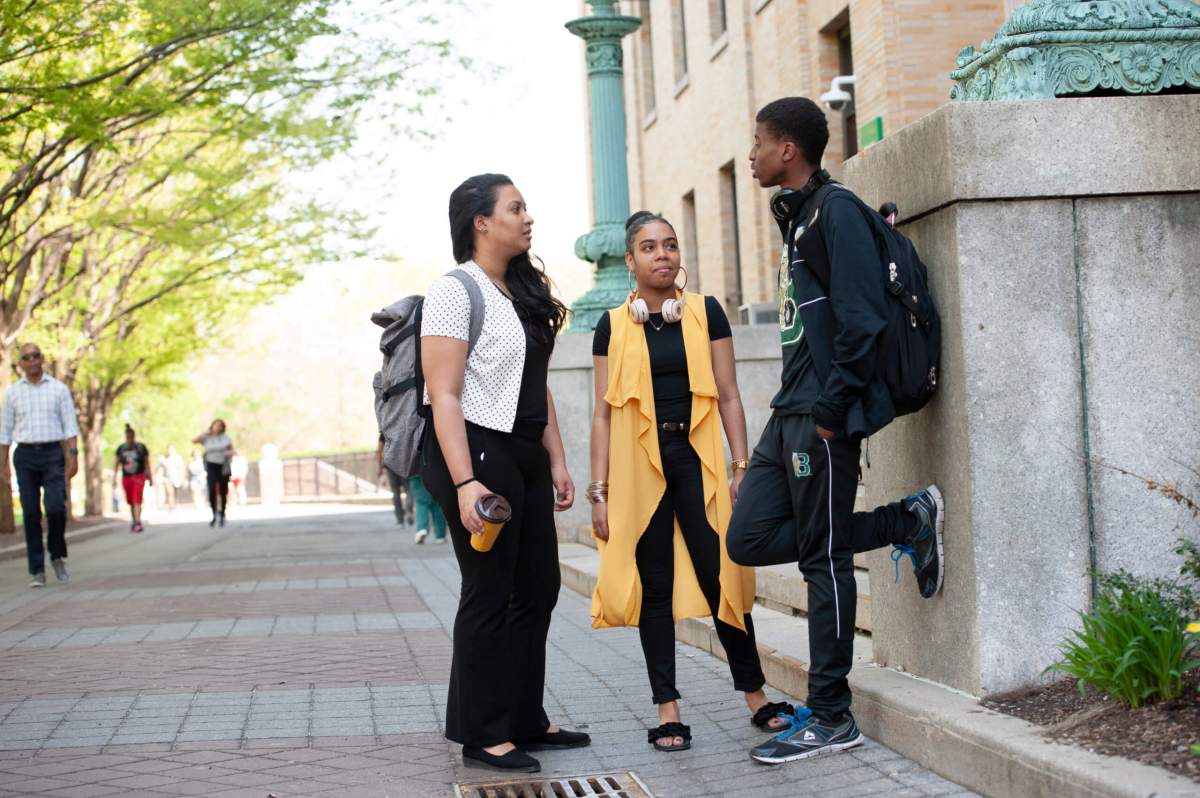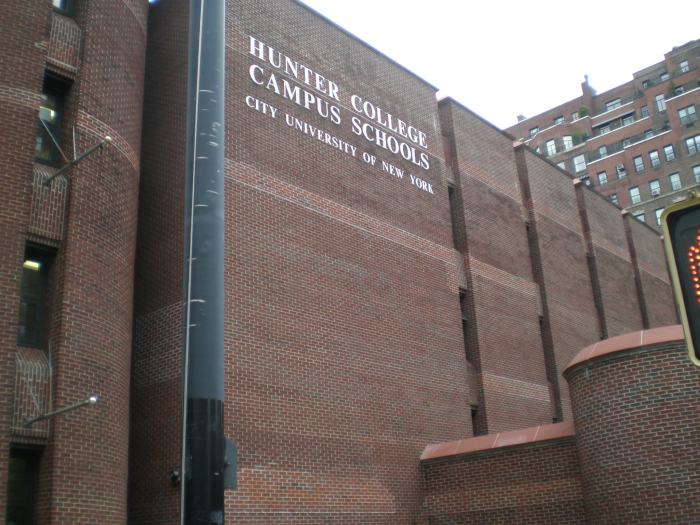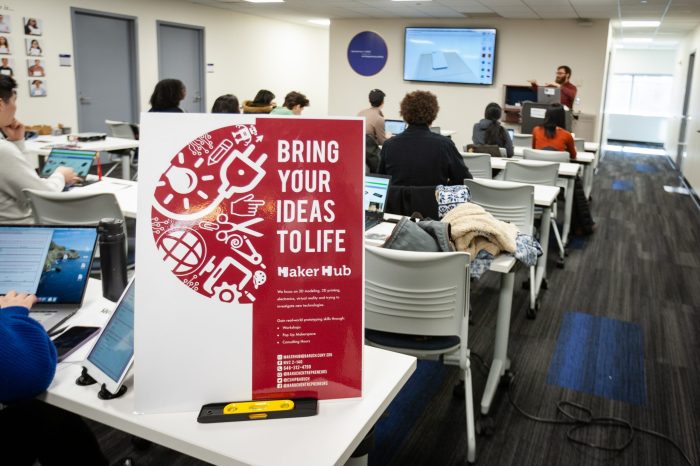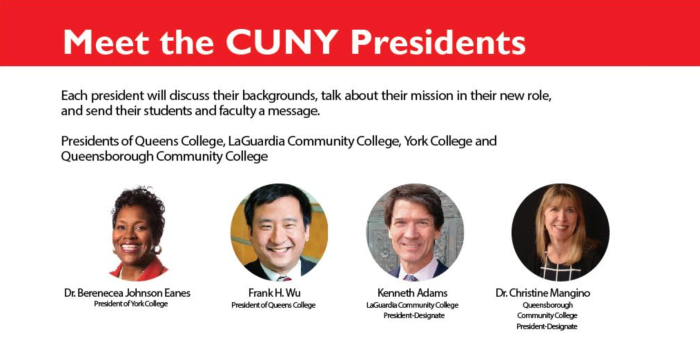By Félix V. Matos Rodríguez
I was profoundly moved by the messages of unity and compassion delivered by President Joe Biden during his inaugural address on Jan. 20.
Weeks after a violent insurrection in the U.S. Capitol provided an inflection point in the tumultuous and divisive chapter that has marked our recent history, Biden spoke of the need to heal.
The president urged Americans to embrace the difficult process of engaging one another, putting our differences aside and trying to find even a small patch of common ground. In that way, he said, we will begin repairing the fissures and divisions that have roiled this nation.
The City University of New York, the most racially and ethnically diverse University in the country and arguably the world, has long been a home to such helpful dialogue and a beacon to the honest exchange of ideas, a place where students, faculty and staff are encouraged to work together, find common ground and forge a more civil and symbiotic community.
I’m proud that CUNY continues to develop programs that foster a climate of openness and mutual respect among people of different backgrounds, perspectives and experiences. The pursuit of tolerance and respect has always been a key tenet of CUNY’s mission, and it has fueled my own work as a professor, college president and chancellor.
In 2016, when I was serving as president of Queens College, I helped lead a University-wide committee that was formed to bolster the University’s promotion of civility and its resolution of on-campus disagreements. The group was formed amid a troubling uptick in conflicts that involved matters of race, religion, gender and politics on college campuses across the country.
Through the group’s assessment of those incidents and issues, I was attracted to the Center for Ethnic, Racial and Religious Understanding (CERRU), a program that has become an effective driver of inclusivity and equity at Queens College, where it is based, and on three other CUNY campuses.
Today, thanks to financial support from New York City Council Speaker Corey Johnson, CERRU is on track to double the number of CUNY campuses it can reach. Through its Diversity, Equity and Inclusion (DEI) Incubator, CERRU is helping our campus communities to promote anti-racist practices and cross-cultural communication.
CERRU Director Sophia McGee said that she, too, felt empowered by President Biden’s stirring inauguration message to the country earlier this month.
“It hit me on a visceral level, the importance of what we’re doing,” she said. “If we can engage enough people through our DEI training and through CUNY’s continued commitment to equity and diversity, we can create a shift in the culture where eventually we can become less divisive and start to work to effect positive social change.”
The avenues are many in which CUNY can generate awareness and fluency on a range of equity-driven, social justice issues.
CUNY’s LGBTQI Student Leadership Program, brings together motivated students for a yearlong training experience in leadership and personal development, civic and community engagement, and social networking opportunities with LGBTQI industry and community leaders.
Our University-wide Black Male Initiative supports the inclusion and educational success of African, Black American, Caribbean and Latino/Hispanic males, who are underrepresented in higher education.
In 2013, CUNY began a Biennial CUNY Faculty Diversity & Inclusion Conference that aimed to help faculty constructively address sensitive issues surrounding race and ethnicity, sexuality and gender, age, disability, language and religion, as well as those of cultural competency, pedagogy for ESL students and unconscious bias regarding economic status.
These valuable initiatives at CUNY are all aimed at creating a more tolerant and inclusive climate, an objective that is helpful on multiple fronts. CUNY’s commitment to diversity and access extends to all aspects of the University, from its student enrollment efforts to its approach to faculty hiring, and to the scores of services that CUNY provides to advance and sustain its community.
In addition to enabling all students to more effectively pursue their academic goals, these endeavors can impact our society in a broader but no less valuable sense, evidence that higher education can serve as a powerful engine of change.
In his inauguration speech, President Biden ticked off a litany of challenges the country now faces, and it was a daunting list. Only by showing respect and listening to one another, he said, do we stand a chance of writing a new chapter in the story of America.
That’s a prescription for healing and a recipe for success. It’s one that CUNY strongly endorses and has long practiced.
Félix V. Matos Rodríguez is the chancellor of The City University of New York (CUNY), the largest urban public university system in the United States.





























